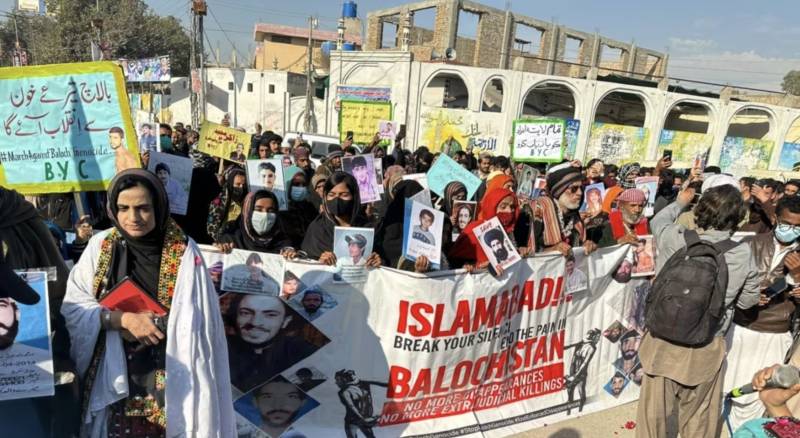
Pakistan's largest province, Balochistan, has long been at the center of complex security issues. In a region with insurgents, ethnic tensions, and geopolitical interests, it is important to take a closer look at the current security situation in the region.
Balochistan's turbulent history is marked by several decades of insurgency. The Baloch nationalist movement, seeking greater autonomy and control over the province and resources has clashed repeated with the Pakistani state. The security apparatus in turn struggled to meet these demands while maintaining national and territorial integrity. The last wave of Baloch insurgency, which began around 2003, witnessed violence and militancy. That phase was characterized by attacks on security forces, targeted killings, and attempts to disrupt infrastructure projects such as the China-Pakistan Economic Corridor (CPEC), which runs through Balochistan. These activities led to a strong military presence in the region, and the Pakistani military was involved in counterinsurgency operations.
One of the main challenges in understanding the security situation in Balochistan is the complex web of actors and interests. Local Baloch nationalist groups such as the Baloch Liberation Army (BLA) and the Baloch Liberation Front (BLF) are competing for greater autonomy. Meanwhile, militant groups linked to religious extremism, including Tehrik-i-Taliban Pakistan (TTP), sought to take advantage of the volatile environment to advance their agendas.
The Pakistani government, on the other hand, implemented a combination of military operations and development initiatives to address the problems in Balochistan. These initiatives aim to promote economic development and create jobs to attract the local population. Adding to the complexity is the involvement of external actors. Neighboring countries, particularly India and Iran, have been accused of supporting Baloch separatists, adding an international dimension to the conflict. Furthermore, regional dynamics are also shaped by the vital interest in securing China's CPEC and its economic goals. In addition, the subject of missing persons remains a very controversial and sensitive subject. Allegations of enforced disappearances by security agencies have drawn widespread condemnation from human rights groups and have been at the center of complaints by Baloch nationalists.
Efforts to address the security situation in Balochistan require a holistic approach that takes into account both the economic and political dimensions of the problem. Balochistan's vast natural resources, including mineral and energy resources, offer opportunities for economic development that can benefit the local population. Furthermore, political dialogue between the central government and Baloch nationalist leaders is crucial to resolve long-standing grievances and find a peaceful solution to the conflict. The government must also address allegations of human rights abuses and enforce accountability within its security apparatus.
The security situation in Balochistan is not only a regional problem but has far-reaching consequences for the stability of Pakistan and neighboring countries, relations with neighboring countries, and economic aspirations, especially the CPEC project. It is a complex puzzle that requires nuanced and multifaceted solutions to bring lasting peace and prosperity to the people of Balochistan and the entire region.

